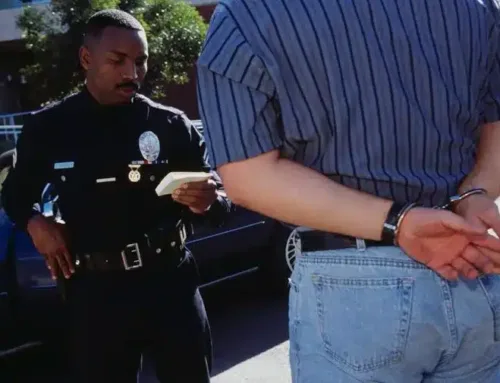From a young age we are told that if you do something bad then there will be consequences. This would obviously also apply to committing a crime, like if you committed a crime then that can leaIt is well-understood that can lead to multiple consequences. Even though we know this, we may not be aware of the long term effects of being convicted on criminal charges. After a person has served their sentence, and since been released, they will still have a criminal record that will show up on background checks. This can make it hard for them to obtain employment, secure housing, or pursue education. The Connecticut state Senate is trying to address this issue and help people convicted of crimes better reintegrate into society by recently passing a “Clean Slate” bill.
Potential Changes in the Clean Slate Bill
Through this bill it would automatically erase certain types of criminal convictions from a person’s record after they have successfully completed their sentence and have not committed any crimes for a certain number of years. Misdemeanor convictions may be erased seven years after the date of conviction, and Class D or Class E felony convictions may be erased after 10 to 15 years.
Supporters of the bill believe that it strikes a balance between ensuring that criminals are punished for their crimes and allowing people who have served their debt to society to avoid ongoing collateral consequences. Even for relatively minor offenses, this criminal conviction would also functioned like a life sentence. It also leads to a circle of criminal activity because those who are unable to find employment due to their criminal record are more likely to commit further crimes.
Obviously there are people who oppose this bill. These opponents of the bill believe that it goes too far and provides unnecessary breaks for people who have broken the law. They noted that offenses such as first-degree threatening, first-degree unlawful restraint, second-degree strangulation, second-degree stalking, or third-degree abuse of a blind or elderly person would be eligible to be erased from a person’s criminal record. However, the bill has included provisions that would ensure that any sexual offenses or family violence charges could not be erased.
While the Connecticut Senate has passed the clean slate bill, the House of Representatives has not yet voted on it. If the bill is passed, it will need to be signed by Governor Ned Lamont before it becomes law. The bill’s provisions would go into effect on January 1, 2023.
Speak to an Experienced Family Law Attorney Today
If you can not agree on custody, visitation, support, or any other family matters contact the Law Offices of Keith Anthony at (860) 333-6455. Attorney Keith Anthony can help you navigate thru this process, step by step and is open to assist you. If negotiations fail we can arrange mediation of your disputes. We can help you make agreements that can be filed with the court.




